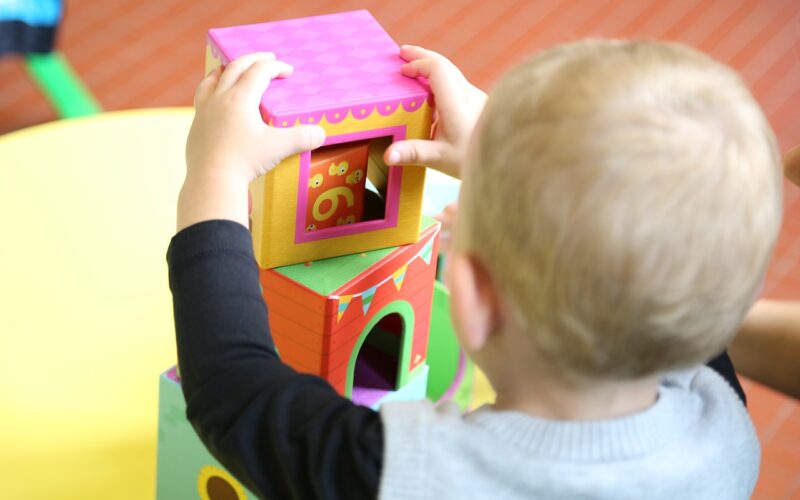Enrolling your child in a nursery is a significant decision that many parents grapple with. While there are undeniable advantages, there are also challenges that come with this choice.
Developmental benefits of early education
One of the foremost benefits of enrolling your child in a nursery is the developmental boost they receive through early education. Nurseries provide a structured environment where children can engage in activities that stimulate cognitive, social, and emotional growth. From learning basic numbers and letters to understanding the importance of sharing and cooperation, nurseries offer a holistic developmental framework.
In addition to academic skills, nurseries also focus on emotional intelligence. Children learn to recognise and express their emotions in a healthy way, which lays the foundation for better interpersonal relationships later in life. This emotional literacy is crucial for developing empathy, resilience, and self-regulation.
Social interaction and peer relationships
Another significant advantage is the opportunity for social interaction. In a nursery, children interact with peers from diverse backgrounds, allowing them to develop social skills such as communication, negotiation, and conflict resolution. These interactions are essential for building friendships and understanding social norms.
Social interactions at this early stage can also help in reducing separation anxiety. When children are accustomed to being around others, they are less likely to experience extreme anxiety when separated from their parents. This can make future transitions, like starting school, much smoother.
Structured routine and discipline
A nursery provides a structured routine that can be beneficial for both the child and the parents. This structure helps children understand the concept of time management and the importance of following a schedule. They learn to anticipate daily activities, which can make them feel more secure and less anxious.
Discipline is another critical aspect that nurseries instil in young minds. Through various activities and interactions, children learn the importance of rules and the consequences of not following them. This early understanding of discipline can have long-term benefits, including better behaviour and academic performance in later years.
Parental peace of mind and work-life balance
For working parents, enrolling their child in a nursery can provide much-needed peace of mind. Knowing that their child is in a safe, nurturing environment allows parents to focus on their professional responsibilities. This can lead to a healthier work-life balance, reducing stress and improving overall family dynamics.
Furthermore, nurseries often provide regular updates to parents about their child's progress and activities. This transparency helps parents stay informed and involved in their child's development, even while they are at work.
Cost and accessibility issues
However, it's essential to consider the setbacks, one of which is the cost. Quality nursery programs can be expensive, and not all families can afford them. Additionally, the availability of nursery spots can be limited, particularly in densely populated areas, making it challenging for parents to secure a place for their child.
There can also be hidden costs, such as uniforms, supplies, and extracurricular activities, that add to the financial burden. For some families, these costs can outweigh the benefits, making it a less viable option.
Health concerns and exposure to illnesses
Another drawback is the increased exposure to illnesses. While nurseries take precautions to maintain a healthy environment, the close contact between children makes it easier for illnesses to spread. Common ailments like colds, flu, and stomach bugs can proliferate, leading to frequent absences and medical expenses.
Parents must weigh the health risks against the benefits of social and developmental gains. While some exposure to germs can strengthen a child's immune system, frequent illnesses can be a significant concern for many families.
Enrolling your child in a nursery comes with its set of benefits and setbacks. While the developmental, social, and emotional benefits are substantial, the financial and health-related drawbacks cannot be ignored. Ultimately, the decision should be based on individual family circumstances, priorities, and the specific needs of the child. Taking the time to research and visit potential nurseries can help parents make a choice that best supports their child's growth and well-being.











